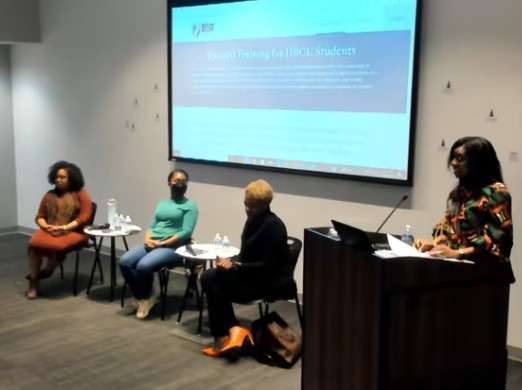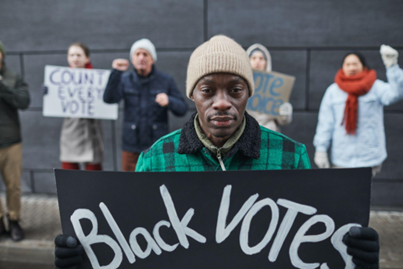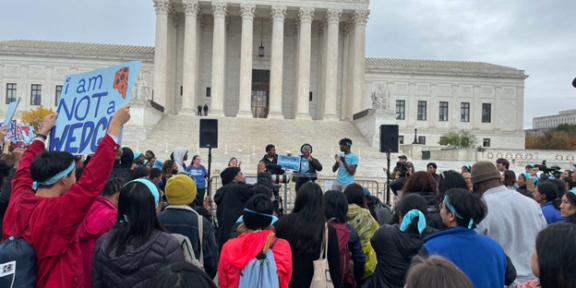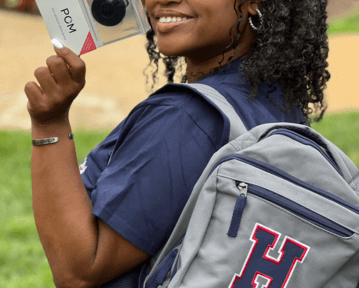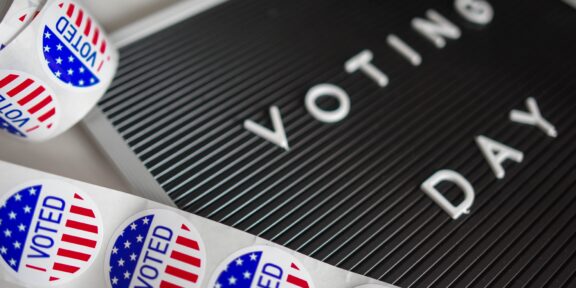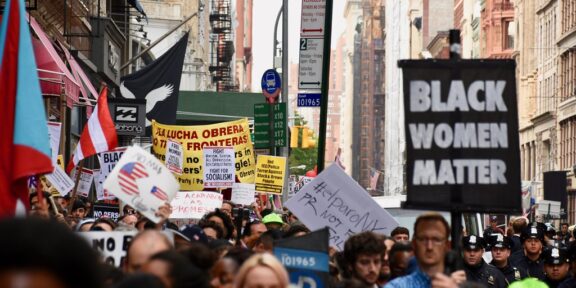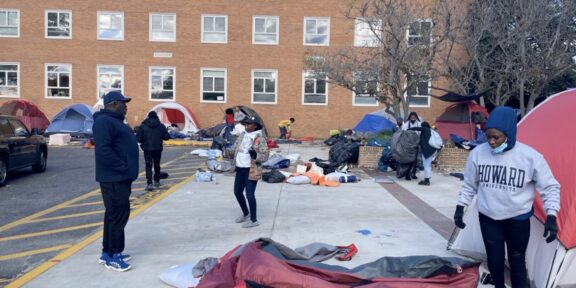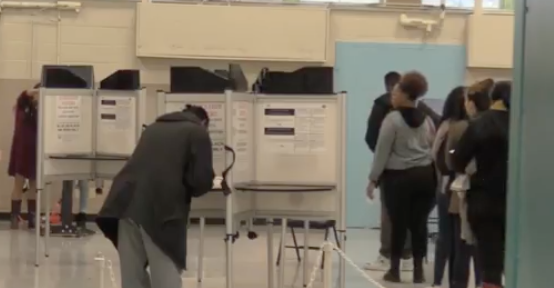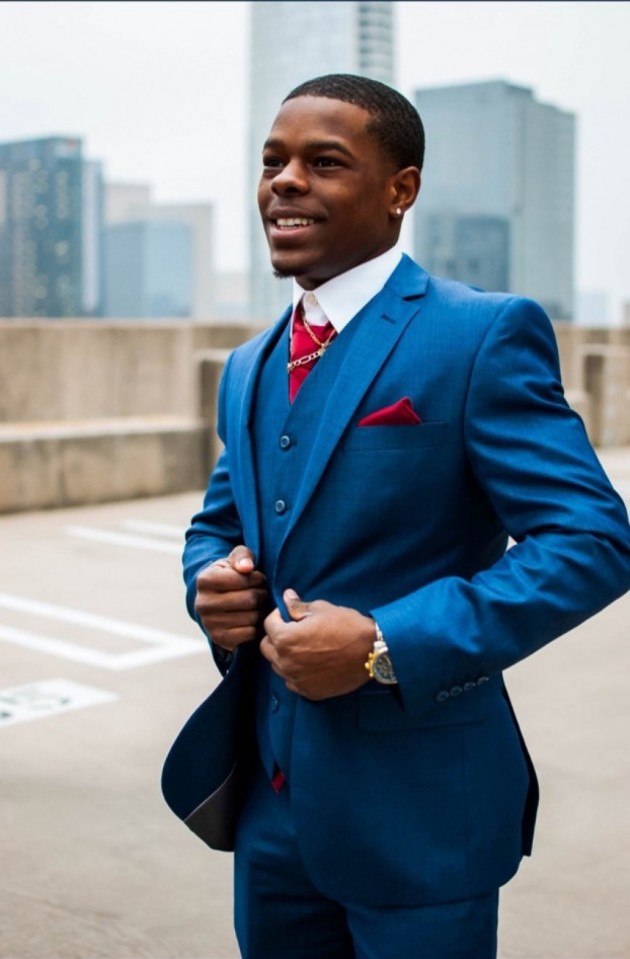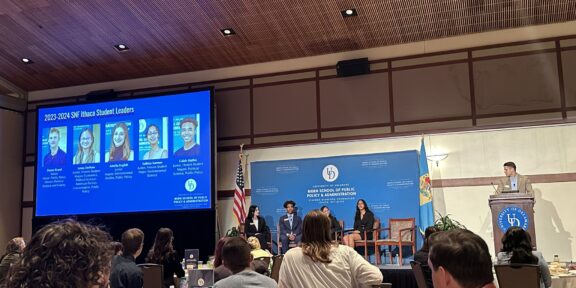By Corinne Dorsey
Howard University News Service
Historically Black colleges and universities are at the forefront of voting among younger demographics. The political power of HBCU students is displayed in significant elections and showcased in the midterm elections, which will make a pivotal impact in 2022.
According to the All IN Campus Democracy Challenge, 86.2% of eligible HBCU students registered to vote compared to the national student registration rate of 83%. The voter turnout of HBCU students has dramatically increased throughout the years, and the 2022 midterm election is an opportunity to help convert these students into lifelong voters.
ALL IN is an organization that provides support to 40 HBCUs across the country to promote civic engagement among students.
Outside of presidential elections, it is essential to encourage college students to understand the value and importance of their votes in local and state elections, panelists said during a recent town hall at Howard University called “Voting Rights Matter: Mobilizing the HBCU Vote in 2022 and Beyond.”
Jennifer C Thomas, associate professor of journalism at Howard, moderated the discussion, which included Alyssa Canty, the director of youth programs at Common Cause; Courtney Snowden, a former deputy mayor in Washington who is now the founder and president of the Blueprint Strategy Group; and Keneisha Grant, Ph.D., associate professor and associate chair in the Department of Political Science at Howard. The town hall was co-sponsored by the Department of Media, Journalism and Film and the Black Executive and Student Training Program, known as B.E.S.T.
“It’s so important to continue informing the HBCU students what their power is when it comes to voting and doing the job that we look for our influencers to do, voting in groups and educating ourselves in the best way we can,” said Shanell Holback, a Howard senior who attended the town hall.
The panel also touched on how the voting system isn’t designed for college students and how being informed is vital to ensure that students’ voices can be heard.
“The system is set up for you not to understand it; they want you not to understand,” Snowden said. “It’s an active effort to get you to not want to vote and not understand how government systems exist.”
Black people, in general, come from years of voter suppression and unfulfilled promises built from keeping representation off the ballot.
“This is like our time to make sure that not only is voting accessible, but that we have competence when we cast our ballot and that we have protections to make sure that we don’t have to be concerned about cities and their mail systems,” Canty said.
Throughout the event, panelists discussed the outlets needed to ensure students are informed about their vote and the best ways to support fellow students in need of information. This generation of Black voters is critical to sustaining and creating meaningful change, Grant said.
“We are the change that we wanna be.”
Corinne Dorsey is a reporter for HUNewsService.com and a reporting fellow at the Washington Post.
